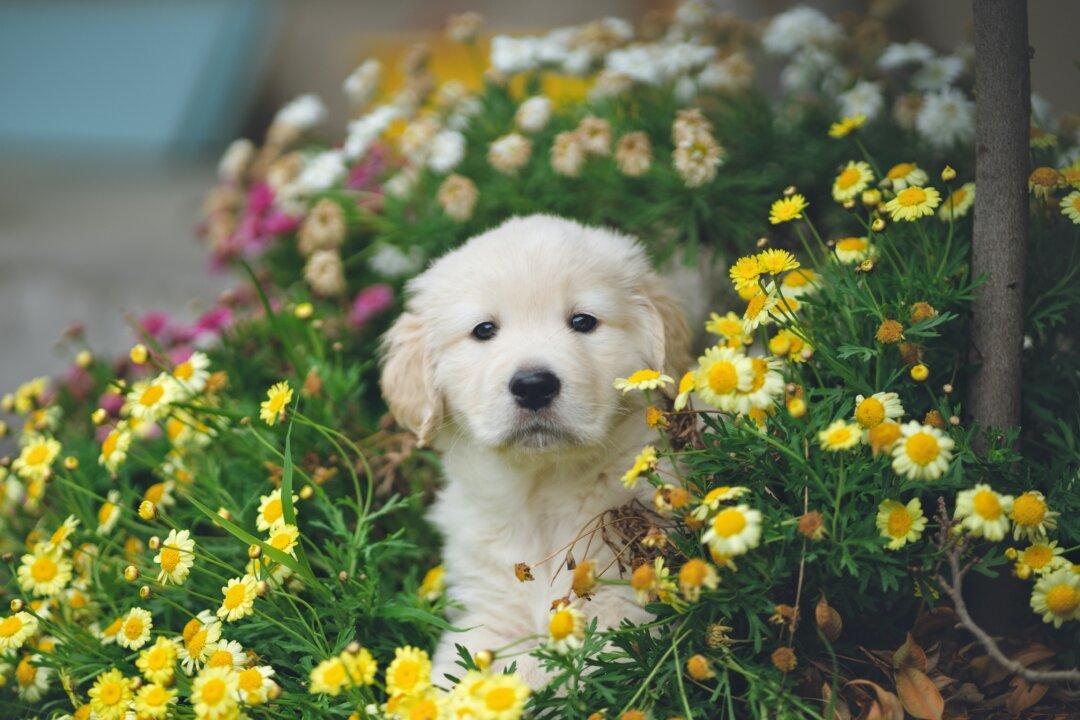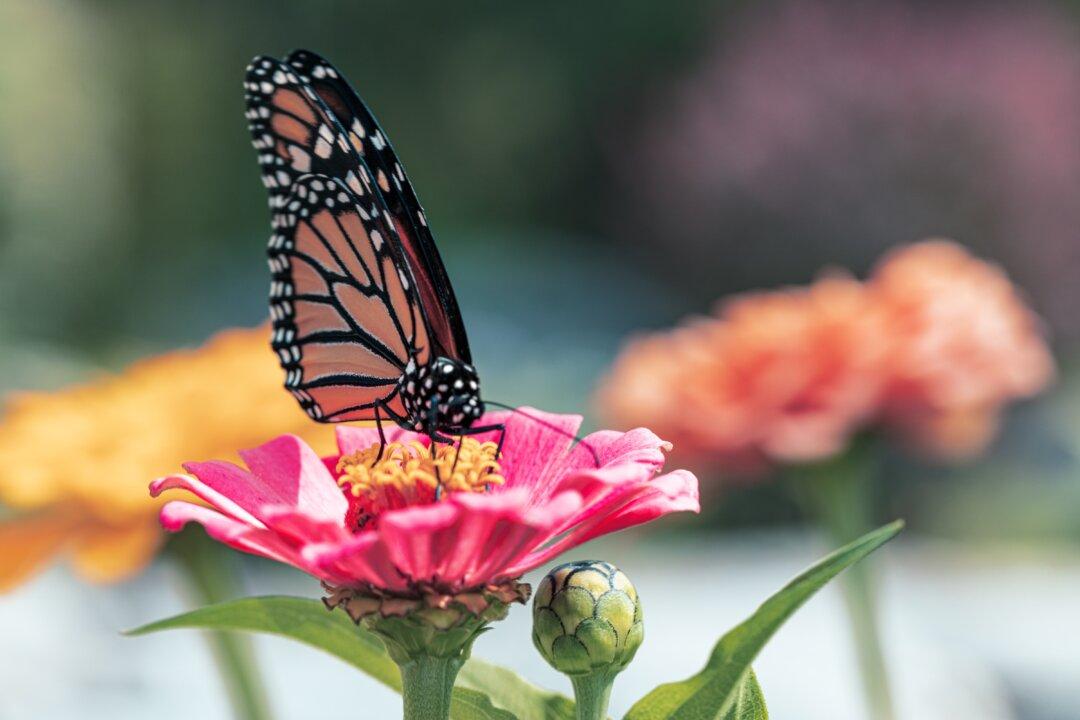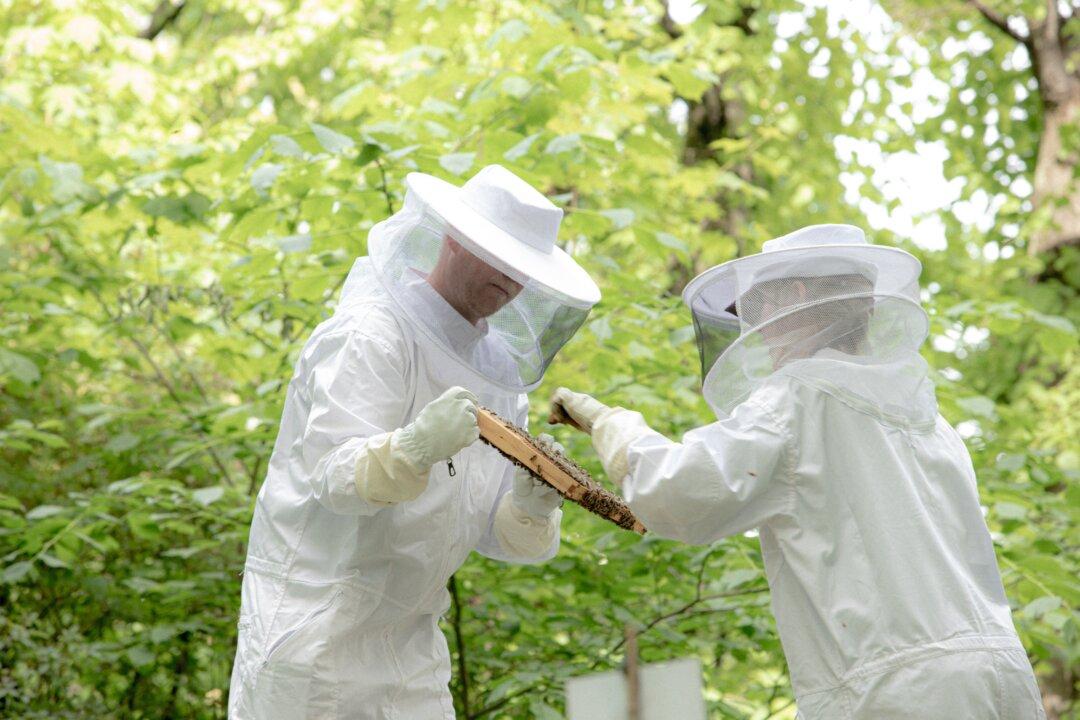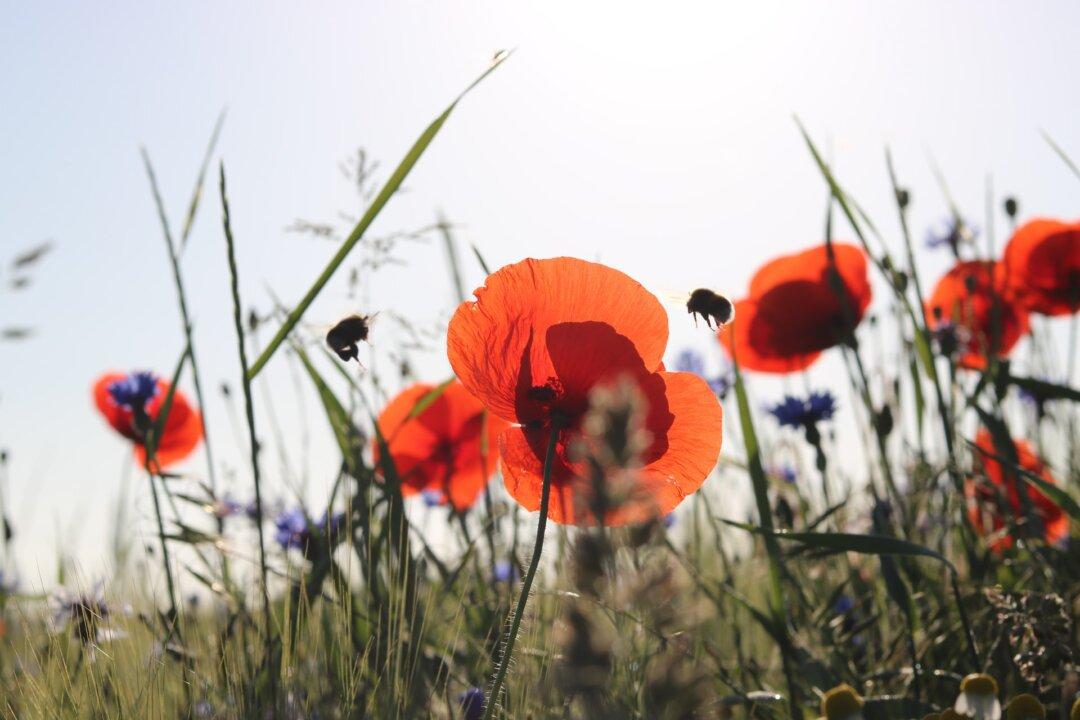Summer sunshine calls to us, ‘Get the bike, light the grill, grab the ball, spend the day in the pool and enjoy a day outside with family, friends, and pets.” Trips to the local park, grilling out, or even hanging out in the yard can pose dangers to our pets.
To fully enjoy summers with our pets, we must be mindful of the hidden dangers in our own backyards that threaten their health.





